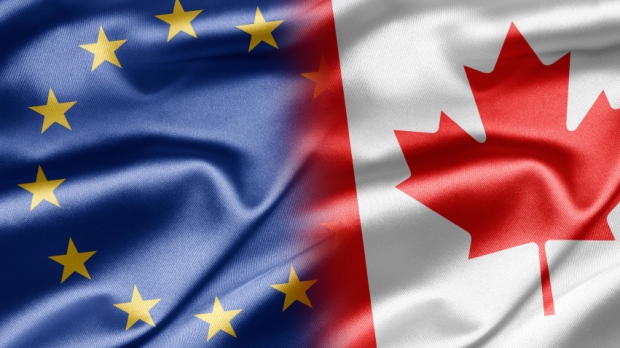EU Adopts Post-Brexit Import Quotas for Farm Produce

The European Union on Monday adopted quotas for farming produce it will accept from third countries after Britain leaves the bloc and acknowledged this could happen before it has concluded talks with them on the subject
The EU has in place a series of tariff rate quotas, allowing agricultural producers such as the U.S., Australia, New Zealand and Latin American countries to export a certain amount of live animals, meat, dairy and other produce free of tariffs.
Britain’s planned exit, however, means those quotas must be split between Britain and the 27 countries that will remain in the European Union.
“The European Union needs to negotiate the new allocations with other World Trade Organization members with a substantial interest”
In 51 pages, the EU regulation lists products from the 11,500 tonnes of beef from the U.S. and Canada, for which the EU27 will take on 99.8 per cent, to the 228,389 tonnes of New Zealand lamb, which will be split 50-50.
The splits, which also cover fish, wood and certain metals, have been calculated based on actual trade flows over a three-year period.
The European Union needs to negotiate the new allocations with other World Trade Organization members with a substantial interest. The preamble to regulation said that such negotiations may not be concluded given the short time period available — Britain is set to leave the EU on March 29.
However, many of those WTO members have expressed concerns and some question whether the 2013-2015 period is typical.
In cases where the EU quota is 100 per cent, such as Australian cheddar or Argentine garlic, these products could not be sold to Britain tariff-free.
The U.S., Canada, Argentina, Brazil, Uruguay, New Zealand and Thailand complained in a letter in 2017 that reports about how the quotas would be split risked leaving them worse off because they would lose the flexibility they currently have to sell to any country in the European Union, including Britain, depending on where the price or demand is highest.
by Philip Blenkinsop – Reuters












